Desireable Difficulties
“I think [art] leads people out of the dark.”
I heard once that in ancient Jewish culture,
It was a compliment to tell someone
They had a
limp.
A sign of time in the desert.
A symbol of your having wrestled with God
and come out with a new name.
A badge of honor for having
had the courage to fight in the first place.
A week ago, I'd been crying in bed for not the first time this month. I mean, December is never my favorite. It is cold and it is dark and I would rather be out on long nights in the summer, digging my feet into sand or coming back from a sweaty hike. This is me, every December. But lying there in bed, crying over various forms of recent loss, I found myself remembering this old poem of mine. Mostly because I was sort of begging for the world to let up a bit. I wanted ease and lightness and for the damn limp to go away.
And then, I stumbled across the term "desirable difficulties."
Apparently, most of us sense that we're truly learning when we're able to actually see or feel progress right in front of us. Say, we remember a vocabulary word when studying another language or breathe easy on a long run for the first time in months.
There's a problem with this felt sense of learning, though: "We all reflexively assess our progress by how we are doing right now. And...we are often wrong." Instead, it turns out you retain learning most—what scientists call "deep learning"—when you intentionally introduce difficulty into the learning process. So, study a relatively small set of vocabulary words in the morning and evaluate your recall later in the afternoon and there's a good chance you'll ace the test. Struggle through conjugation of many phrases (maybe even across languages) that happen to include those same vocabulary words, though, and you might bomb the test that afternoon, but there's a higher chance you'll remember the vocabulary several months down the road.
Now, listen. I'm the first to admit that I have a penchant for believing that the only way to grow is through struggle. In my late 30s, I'm learning to throw that notion in the trash. Joy and pleasure are also valid ways to learn about yourself and others and I have so many people to thank for reminding me of this. So, I'm not here to say that struggle is essential for growth. But, what I am trying to say is that I'm learning to see December and the darkness and the limping as some form of beautiful. Desirable even—difficulties that build some sort of muscle. Like, yes, we get to name when things fucking suck, when it all feels so painful, cracked, and ugly. But also, hey look!, I just showed up differently to this than I have before. And that is something.
